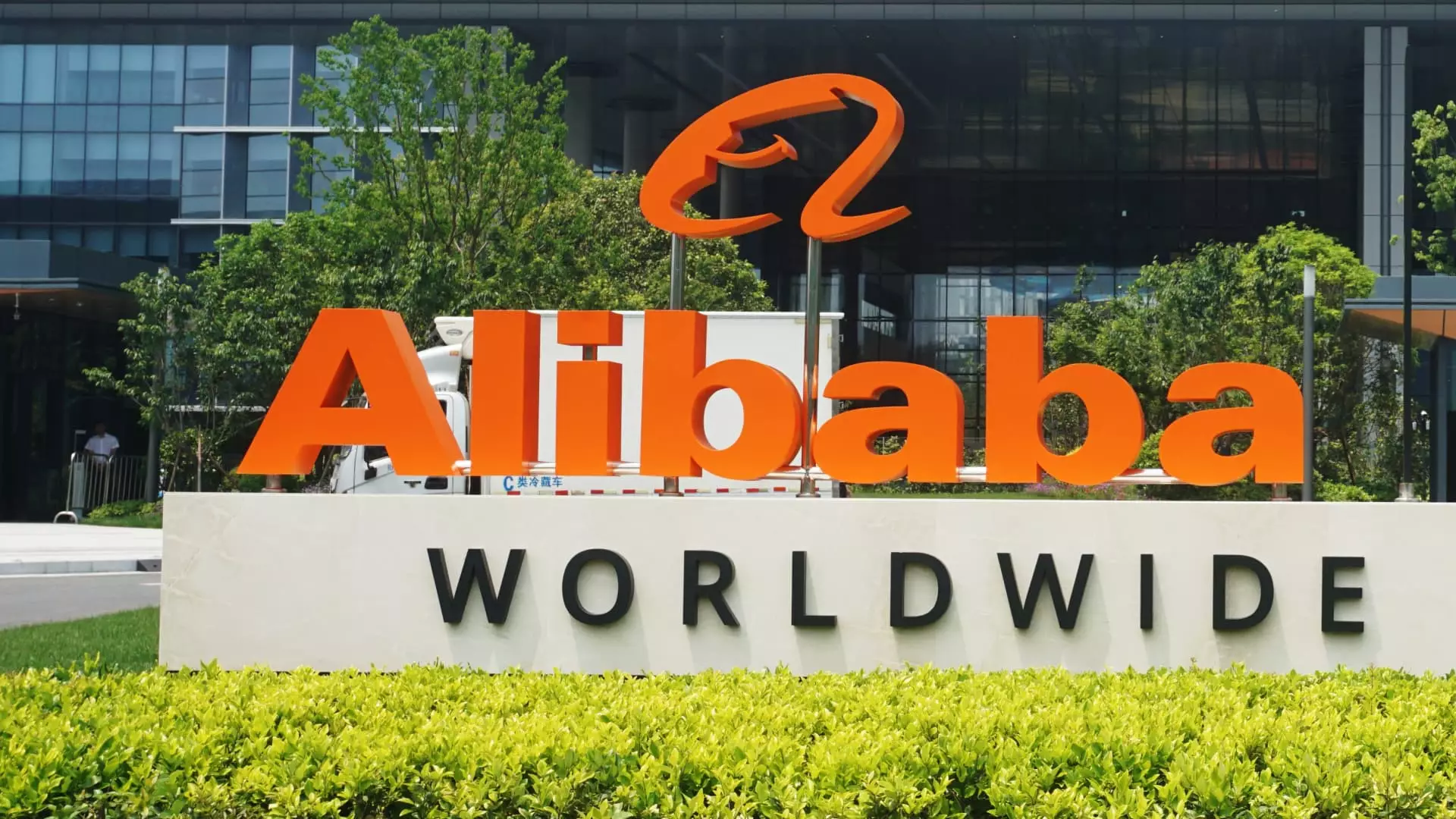Alibaba, a prominent player in the global e-commerce landscape, has recently made headlines with the launch of an upgraded version of its artificial intelligence-based translation tool known as Marco MT. The e-commerce giant proclaimed that this new model surpasses offerings from leading competitors such as Google, DeepL, and ChatGPT. This assertion is bolstered by evaluations conducted using the Flores translation benchmark framework, underscoring Alibaba’s commitment to providing tools that cater to merchants’ needs in a rapidly evolving market.
Central to the efficacy of Marco MT is its foundation on large language models (LLMs) that enable the tool to comprehend not just the words being translated, but the context in which they are used. Kaifu Zhang, the vice president of Alibaba International Digital Commerce Group, articulated the vision behind this development during a recent interview. The aim is straightforward: enhance the bottom line for merchants. By facilitating more accurate translations, the tool enables sellers to create product pages tailored to the linguistic and cultural nuances of their target audiences. The underlying hypothesis is that more effective communication will lead to increased sales, thus benefiting both merchants and Alibaba as a platform.
With this new iteration, merchants are equipped to optimize their product listings in up to 15 languages, including predominant global languages like English, Spanish, and Chinese, as well as others such as Arabic and Turkish. This accessibility is particularly important in today’s interconnected marketplace, where consumers are increasingly diverse, and their needs are constantly evolving.
Alibaba’s decision to enhance its AI translation capability comes at a pivotal moment in the e-commerce sector, where businesses are not merely seeking to expand their customer bases but are also aggressively pursuing lucrative markets beyond their borders. Zhang indicated substantial anticipation for the new tool, particularly from Europe and the Americas, highlighting its potential appeal in emerging markets where growth rates are often higher and competition less intense.
Recent statistics reveal that nearly half of the top users of AI translation tools on Alibaba.com hail from developing nations. This trend underscores a strategic pivot towards global expansion, as Chinese merchants increasingly seek opportunities outside their domestic market. Companies such as PDD Holdings’ Temu, Shein, and ByteDance’s TikTok symbolize this growing trend of Chinese businesses venturing onto the world stage, with many also maintaining a presence on platforms like Amazon.
The implications of this are immense, as Alibaba not only aspires to equip its users with superior translation capabilities but also to foster an ecosystem where smaller merchants can effectively compete in a global marketplace dominated by international giants.
A significant component of the new translation tool lies in its ability to produce context-sensitive translations that resonate with specific cultural nuances. Zhang noted an instance wherein a direct translation of a colloquial Chinese term for a particular product would fall flat, failing to convey the intended meaning to an English-speaking consumer. In such cases, the absence of context could drive potential customers away, illustrating the critical need for translations to capture not just the language but the essence of the message.
This focus on authenticity and contextual relevance is anticipated to enhance consumer experiences considerably, particularly during significant shopping events like Alibaba’s Double 11, which coincides with the global shopping season each November. By ensuring that translations reflect genuine cultural expressions, Alibaba aims to create a more engaging shopping experience that can translate into higher conversion rates for merchants.
Alibaba’s international arm has reported impressive growth figures, registering a remarkable 32% increase in sales, reaching $4.03 billion in the recent quarter. This is in stark contrast to the performance of Alibaba’s domestic ventures, such as Taobao and Tmall, which saw a marginal decline in sales. The success of the international division not only highlights the benefits of the newly launched translation tool but also signals a shift in consumer dynamics, where global platforms are becoming increasingly favored.
Despite the promising trajectory, analysts have speculated a slight slow in revenue growth in the coming quarters. However, as Alibaba continues to innovate and adapt to the needs of its users, it remains positioned to leverage its translation capabilities as a key asset in maximizing growth and enhancing user engagement on a global scale.
Alibaba’s enhanced translation tool represents more than a mere update; it encapsulates a strategic vision of cultivating growth through improved communication, culturally relevant translations, and a keen understanding of global market demands. As the lines between domestic and international commerce blur, Alibaba is well-poised to lead the charge in fostering a more interconnected e-commerce ecosystem.

